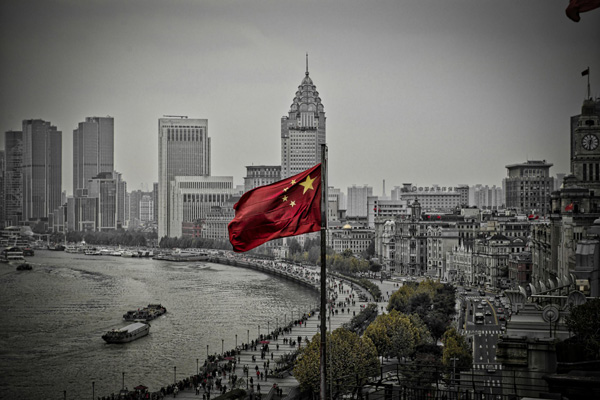China's stock surge overshadows South Korea's market slump

[Photo Credit to Pexels]
The recent surge in China's stock markets stands in stark contrast to South Korea's sluggish performance.
Last week, the Shenzhen Composite Index soared by 17.8% and the Shanghai Composite Index climbed 12.8%.
Meanwhile, in Hong Kong, the H-share Index and the Hang Seng Tech Index jumped 14.4% and 20.2%, respectively.
These gains come in the wake of robust economic measures introduced by the Chinese government igniting investor optimism and driving significant market rallies.
China's aggressive policy actions included a 0.5 percentage point cut in the reserve requirement ratio, aimed at boosting liquidity.
Additionally, the government launched major initiatives to stabilize the real estate market and bolster the stock market.
Among these were the allocation of 500 billion yuan to facilitate stock purchases by insurance companies, fund managers, and brokerage firms, and another 300 billion yuan to support stock buybacks.
This comprehensive approach stimulated the markets and fueled investor confidence.
In stark contrast, South Korea's Kospi index has struggled to keep pace.
The Korean market has been particularly weighed down by a sluggish recovery in the semiconductor sector, which is a vital component of the nation's economy.
Shares of major semiconductor firms such as Samsung Electronics and SK Hynix dropped by more than 2%, reflecting the sector's broader challenges.
While global stock markets, including the S&P 500 in the United States, reach new highs— with the S&P 500 index marking its 42nd record this year at 5745.37—South Korea's stock market continues to underperform.
This prolonged underperformance has raised concerns among investors and market analysts about the underlying health of the Korean economy and its ability to rebound in the near future.
The disparity between the booming Chinese markets and South Korea’s lackluster performance highlights the varying impacts of government policies and economic environments across the region.
While China's assertive and broad-based stimulus measures have quickly translated into substantial market gains, South Korea's more cautious approach and specific challenges in key industries like semiconductors have not yet yielded similar results.
Analysts are keeping a close eye on the Chinese rally, with some cautioning that the rapid growth could lead to future adjustments.
The swift rise in the market might not sustain without continued support or if global economic conditions shift.
This caution is echoed by SK Securities, which suggests that the market could see corrections after the aggressive gains.
The situation in Japan adds another layer of complexity to the regional economic landscape.
Japan's stock market has seen significant declines, attributed in part to new economic policies considered by Prime Minister Shigeru Ishiba, including potential tax increases on corporate and investment incomes.
These policies have introduced uncertainty into the market, leading to declines that contrast with the gains in China and the stagnation in South Korea.
The differences in market performance across these major Asian economies reflect a diverse range of strategies and challenges.
China’s bold stimulus efforts have paid off in the short term, but the long-term sustainability of these gains remains uncertain.
South Korea’s struggles highlight the difficulties of relying heavily on specific sectors, such as semiconductors, especially when global demand fluctuates.
As these dynamics continue to unfold and evolve, investors and policymakers must navigate a complex landscape, balancing immediate gains with sustainable economic strategies.

- Seokin Joung (Chris) / Grade 11
- St. Johnsbury Academy in Jeju

![THE HERALD STUDENT REPORTERS [US]](/assets/images/logo_student_us.png)
![THE HERALD STUDENT REPORTERS [Canada]](/assets/images/logo_student_ca.png)
